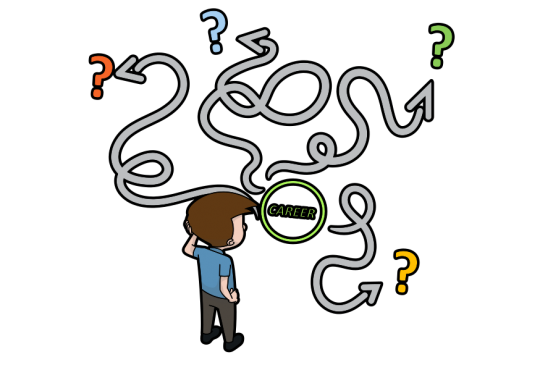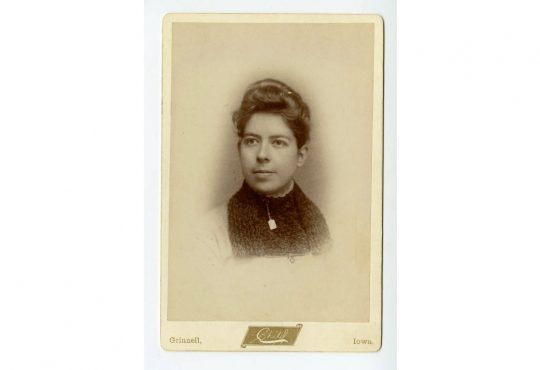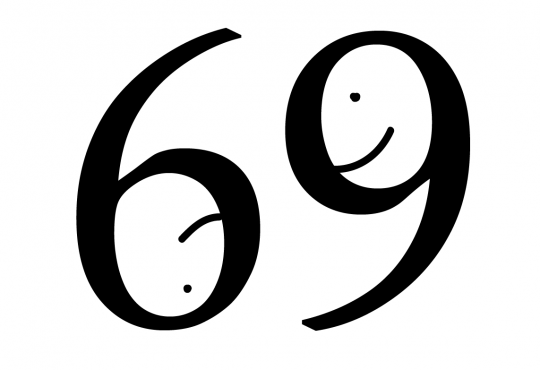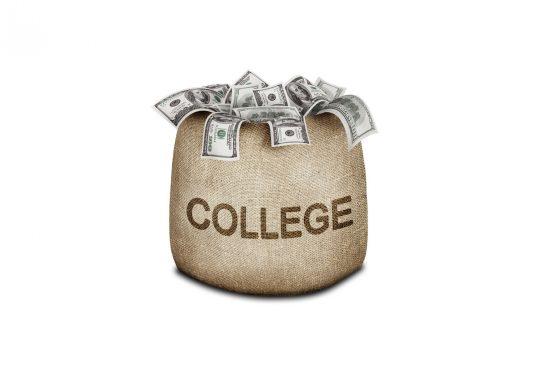We know your Netflix queue is demanding, but these underappreciated series are worth your attention. Here are a handful of shows that may cater to your major.
1.
“Veep”
Geared For:
Politics and Government
English
“Women at a wedding are like ripe fruit ready to drop and I am a sex wasp.” Amando Iannucci, writer and creator of television hits “The Thick of It” and “In The Loop,” creates a hysterically scathing White House satire, incorporating previous American political gaffes into a fictionalized Vice President administration. The rapid-fire wit of the show is an attraction for any English major, not to mention the hilarious incompetence of the West Wing is something every PolySci student will revel in.
2.
“Orange
is
The
New
Black”
Geared For:
Economics
“Dude, he’s not an eggplant. He’s retarded!”
Though a cliché to recommend, it would be remiss for us not to. “Orange Is the New Black” is the critically acclaimed Netflix original series that leaves an audience in tears, anger, arousal and stitches, if you can imagine such an array of reactions. The show has presented a popular portrayal of the experience of women in prison. It raises a surprisingly complex economic question: Why do prisons and other government agencies not follow basic economic incentives? The show is an intriguing study for anyone interested in economics.
3.
“Battleground”
Geared For:
Politics and Government
Communication Studies
“Battleground,” a mini Hulu TV series, is a mockumentary set inside the campaign of a Wisconsin state senator, party unspecified, who is running for the United States Senate; it follows the political and romantic trials of her unusually attractive young staff members (always an incentive to watch TV). “Battleground” wears the mockumentary style very well—so well, in fact, it overshadows beloved television series known for this technique, such as “The Office,” “Parks and Recreation” and “Modern Family.” The mockumentary format becomes an extension of the script, making camera movement a character on its own. Though not as devastatingly clever as “Veep,” it serves as a fantastic addition to the drawer of witty political comedies.
4.
“Peep
Show”
Geared For:
Psychology
History
“Peep Show” is essentially a televised representation of the flatmate/roommate theory. The flatmate theory is as follows: Within the flatmate relationship, there will always be the annoying one and the annoyed one; your goal is to not be both. “Peep Show” is a character study in the case both roommates defy this sacred, golden rule.
Part of the reason why Peep Show has never obtained a mass following might be its slightly odd format. The camera serves as a literal POV for the two main ‘protagonists,’ if you could call them as such, Mark Corrigan and Jeremy Usborne. The camera largely functions as the head of either Mark or Jeremy, the audience sees through their eyes, talking to—and being talked at by—the other characters. This is perfectly capitulated in the opening titles, in which sweaty business-suit-adorned (“tight-fisted cockmuncher”) Mark and his flatmate (“work-shy freeloader”) Jeremy look into their own images projected onto a TV screen, a subtle representation of the show’s premise. We, the audience, get to hear snippets of Mark and Jez’s inner monologue; ones often filled with self-loathing and middle-class microaggressions.
What’s horrible, yet delightful, about this show is how relatable these characters are. Though this may be an attractive sentiment, one thing must be made clear: Mark and Jeremy are terrible people. They are positively the worst. Mark is tremendously self-centered, sycophantic, guilt-ridden and cowardly, while Jez is delusional, selfish and juvenile. All things we strive not to be, is what Mark and Jeremy flagrantly are. What makes the show funny is that the comedy is grounded in their failure.
5.
“Broad
City”
Geared For:
Humanities
“Broad City” is the only comedy show without actual written jokes, and yet it’s the type of material that will make anyone uncontrollably belly-laugh. The show is a complete situational comedy about two women in their twenties (barely) living in New York City. The series was created by Ilana Glazer and Abbi Jacobson, who also star as the series leads, and was developed from their web series of the same name, first produced in 2009. Anyone with a humanities degree will understand the plight of living with a humanities degree, grasping for solvency as an almost-adult.
6.
“Black
Mirror”
Bioethics
Science, Technology, & Society
Philosophy
If “Black Mirror” could be ascribed to any genre, the only category that vaguely fits is Dark Comedy. Well, the darkest of dark comedies—a charcoal-like dark comedy. “Black Mirror” is an anthology series, similar to that of “The Twilight Zone” or “Alfred Hitchcock Presents,” it was practically designed for binge watching. The episodes alone are their own entity. Each episode has its own characters, storyline and cast. Essentially, there is no correlation between episodes other than our destructive relationship with technology.
Writer and creator, Charlie Brooker, wanted to create a television show that would “actively unsettle people.”
“I think most shows exist to, in some way, reassure people. When writing the show, I was hoping to induce an opposite reaction. If you look at the ‘Twilight Zone’ now, you’ll notice that almost all episodes were concerned with contemporary issues at the time. They would almost always end on a devastating note—Like, horrible things would happen to people, and cruel punishments were meted out to the characters. I remember watching this and them ‘We need more of this on television,’” he said in an interview.
The show is more worried than it is attempting to warn anyone. Though technology is the “main concern” of each episode, it’s hardly the villain of the program. “People are the main actors, not computers.”






